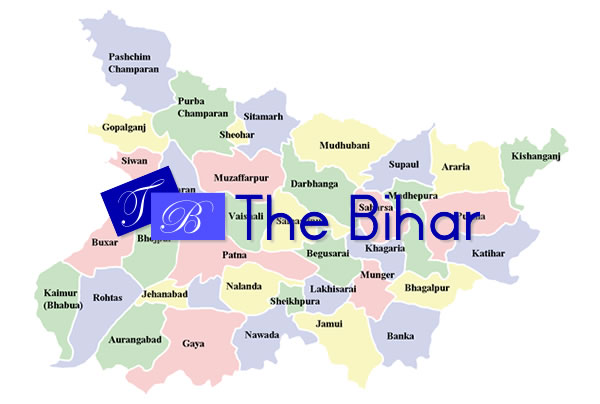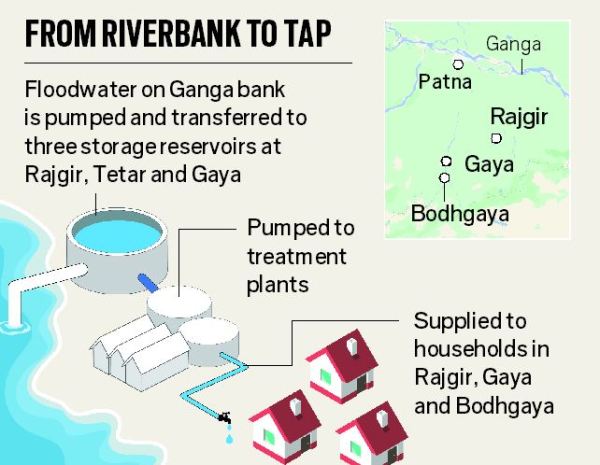Neta-voter disconnect in Bihar poll priorities
2 min readNitish Kumar has just finished his speech at a public meeting in Garhbanaili in Purnea. Some people linger on after he leaves in a chopper, and among them are two first time voters—18-year-olds Mohammed Taqeer Alam and Mohammed Ishtiaq of the nearby Deodha village.
Alam, a science student, wants to study engineering in Bangalore but his farmer father cannot afford to pay for it. “A degree from Purnea has no value. My contractor brother is willing to pay and I see it as investment that I will hopefully recover later on,” he says.
Isthiaq too wants to pursue chartered accountancy outside, preferably in Delhi. Both are excited about pressing the button but feel it will not change their lives in any way. They blame Purnea’s BJP candidate Uday Singh, seeking re-election, for ignoring higher education and job creation but agree the Nitish Kumar government hasn’t done much beyond improving primary education besides roads and law and order.
Singh absorbs the criticism at his palatial house in Purnea town. “It is true that no industries have come in. But this is because the required climate to set up a viable industry is not present,” he tells HT.
He cites the example of a Rs. 100 crore maize processing plant a BJP member of legislative council had helped set up at Forbesganj in adjoining Araria district. Objections by local villagers to a certain pathway being used led to police firing; two persons died and the factory was burnt down. “I also pursued a sugar mill, but the reserve price for land was so high that the entrepreneurs went way,” he says.
Singh’s campaign strategy rests largely on getting the caste and political arithmetic right. His counterpart from a neighbouring area does not even claim to think about issues other than caste and religion. “The main thing is getting your caste to vote for you, and add to it two more dominant social groups,” he says. “Chief minister Kumar is failing because he doesn’t have his caste arithmetic right. What did development get him?”
But observers point out that the debate between politics of development and identity, or positioning the views of politicians as opposed to concerns of constituents, is too simplified a portrayal of the situation in a political culture where patronage matters a lot.
An MP candidate, seeking anonymity, explains: “The demand is for private goods, not public. They may tell you they want a university here, but when a voter comes to us, he asks for recommendation for a seat in a college. He may tell you there should be factories, but with us, he will lobby for a job.” It is for this reason, he argues, that having someone from your social group or party in elected offices is important, and issues of public welfare like education get inextricably linked to narrower identities and partisan loyalties.
Courtesy: Hindustan Times


